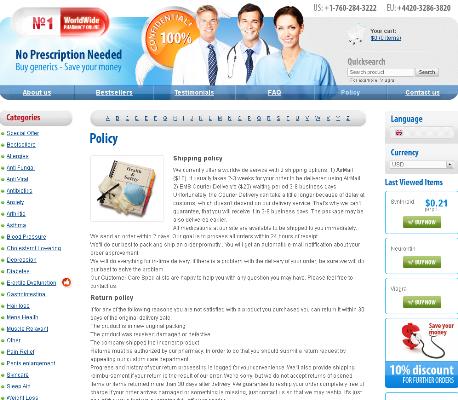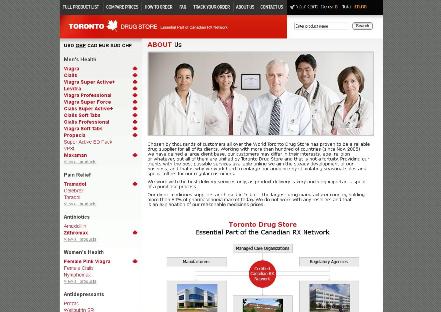Understanding How Augmentin Fights Dental Infections
When a dental infection strikes, bacteria are often at the root of the problem, tucked deep within the tooth or gum tissues. Augmentin, a powerful combination of amoxicillin and clavulanate, steps in to disrupt these bacteria, preventing them from building defenses and multiplying.
By breaking down bacterial walls, Augmentin helps clear up painful abscesses and swelling, speeding up recovery. This targeted action makes it a popular choice when simpler antibiotics might not do the trick.
| How Augmentin Works | Benefits for Dental Infections |
|---|---|
| Kills infection-causing bacteria | Reduces pain and inflammation |
| Prevents bacteria from resisting treatment | Promotes faster healing |
Common Dental Issues Treated with Augmentin

When a bothersome toothache strikes or swelling appears along the gums, your dentist may prescribe augmentin to tackle the underlying infection. This powerful antibiotic is especially effective against dental abscesses, gum infections, and severe tooth decay that has progressed to involve surrounding tissues.
By combining amoxicillin’s broad-range bacteria-fighting abilities with clavulanic acid, augmentin overcomes resistance, making it a go-to option for persistent or complicated dental infections. It’s often used when standard antibiotics alone may not fully resolve the issue, ensuring faster relief and better healing.
Who Should and Shouldn’t Use Augmentin
Augmentin is often prescribed to patients dealing with dental infections that cannot be managed by simple oral hygiene or over-the-counter remedies. Its broad-spectrum action makes it a valuable option for individuals with abscesses or severe gum inflammation, especially when the infection has spread beyond the tooth. Dentists typically recommend augmentin for adults and children who do not have a history of allergies to penicillin or cephalosporins.
However, not everyone is a suitable candidate for this antibiotic. Those with a known hypersensitivity to components of augmentin, or a background of severe liver or kidney problems, should avoid its use. Additionally, people with a history of antibiotic-associated colitis may need an alternative treatment due to potential complications.
Consulting a healthcare provider is crucial before starting augmentin, as they will evaluate your medical history and other medications to ensure its safe use. This helps minimize the risk of serious side effects and ensures the antibiotic is the best choice for your dental health needs.
Possible Side Effects and How to Manage Them

When taking Augmentin for dental infections, some people experience mild side effects, such as nausea, diarrhea, or an upset stomach. Occasionally, more noticeable effects like skin rashes or itching can occur, signaling an allergic reaction. Staying hydrated and taking Augmentin with food may help reduce stomach discomfort, making the treatment easier to tolerate.
If mild symptoms appear, inform your dentist or pharmacist—sometimes, adjusting the dosage or timing can help. However, if you notice swelling, trouble breathing, or severe rashes, seek medical attention immediately. Monitoring your body’s response during treatment ensures that you manage any side effects promptly and continue the healing process safely.
Dosage Guidelines and Tips for Safe Use
When prescribed augmentin for a dental infection, it’s crucial to follow the exact dosage and schedule provided by your dentist or doctor. Typically, adults might be advised to take one tablet every 8 or 12 hours, often after meals to minimize stomach upset. Never skip doses or stop early, even if symptoms improve, as this can lead to antibiotic resistance and incomplete healing.
Taking augmentin with food can help reduce side effects like nausea, and drinking plenty of water supports absorption. Always finish the entire prescribed course, and don’t double up on doses if you accidentally miss one—simply take the next scheduled dose. Consult your healthcare provider before mixing augmentin with other medications to avoid interactions.
| Tip | Reason |
|---|---|
| Take with meals | Reduces stomach upset |
| Follow schedule strictly | Ensures effectiveness |
| Do not skip or double doses | Prevents complications |
What to Do If Augmentin Isn’t Working
If your dental infection symptoms aren’t improving after a few days on Augmentin, it’s important not to stop the medication or make changes yourself. Instead, contact your dentist or healthcare provider. They may need to re-evaluate your diagnosis, check if you’re developing antibiotic resistance, or consider if a different kind of bacteria might be involved. Sometimes infections require additional dental procedures, such as draining an abscess or removing dead tissue, alongside antibiotics.
Never try to increase your dose or mix medications without guidance, as this can lead to unwanted side effects or complications. Your healthcare professional may recommend alternative antibiotics or further testing to ensure you receive the most effective treatment. Source 1 | Source 2

